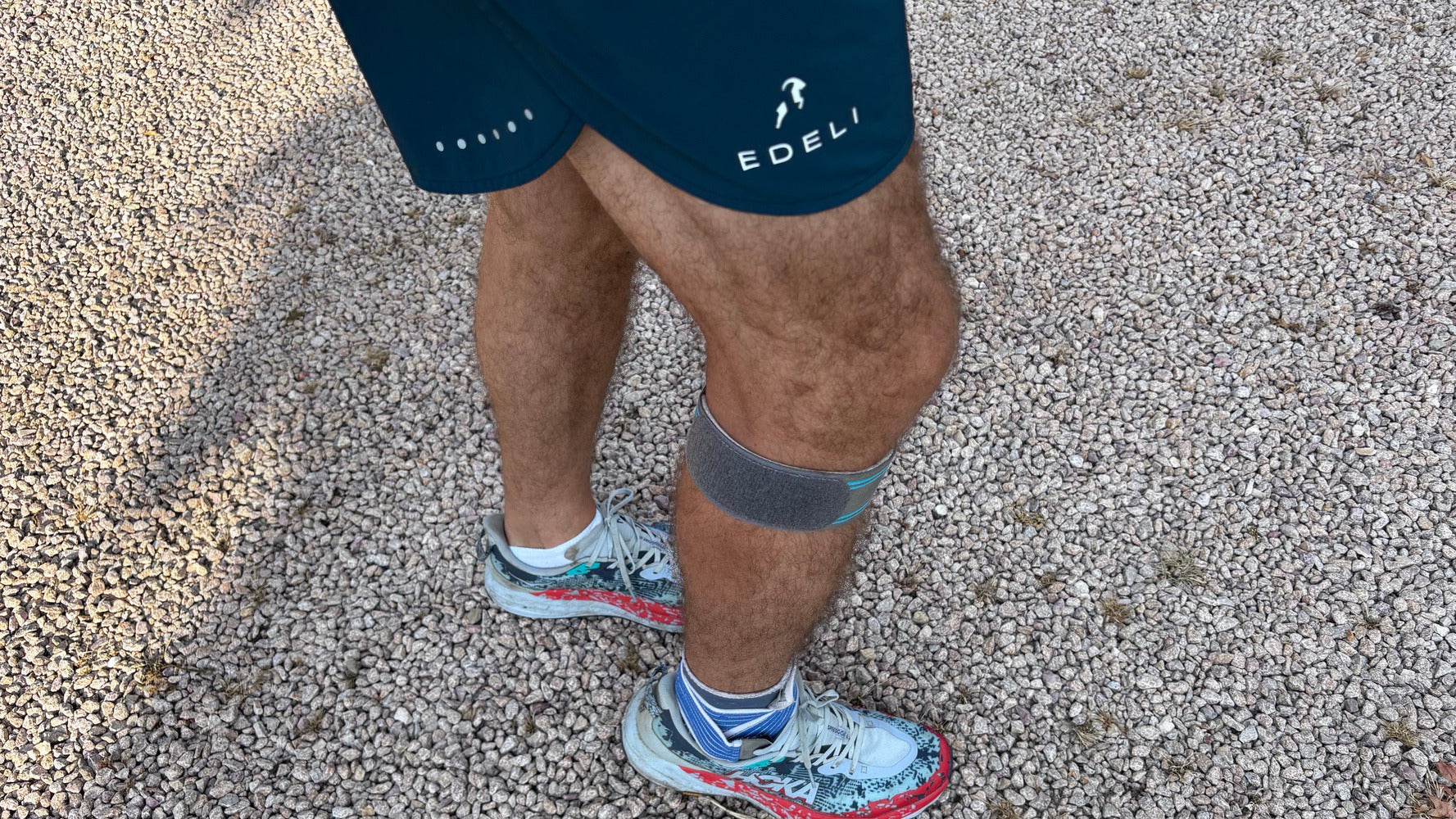
Should I do a stress test?
Running is a physical exercise that uses the cardiovascular system and has many health benefits such as strengthening the heart muscle, maintaining a healthy weight, and reducing stress. When running is practiced reasonably, respecting one's level and in a progressive manner, it is one of the simplest and most accessible sports for maintaining and strengthening cardiovascular health. However, care must be taken to practice running or trail running in a manner adapted to one's age, initial physical condition, and possible risk factors. A medical assessment is in any case recommended before starting or resuming running after a long period of inactivity. Should one go so far as to do a stress test? When is it advisable to schedule one?
What is a stress test?
A stress test is a physical exercise under medical supervision on a treadmill or an ergometer. The effort increases very gradually with the speed of the treadmill or the resistance of the bike. During the test, several key parameters are monitored and recorded, such as heart rate and blood pressure. The stress test is accompanied by an ECG, or electrocardiogram, a test that records the electrical activity of the heart. Electrodes are placed on the body, especially on the chest, to monitor the heart's activity and graph it. This test allows for analysis of the heart rate as the effort intensifies and for preventive assessment. A stress test lasts approximately ten minutes.
Who should do a stress test?
Not all runners necessarily need to do a stress test, but this examination may be recommended by your doctor according to a number of criteria. The first is age. Over 40, a preventive stress test may be recommended, especially if you are returning to running after a long period of inactivity or if you have never really exercised regularly. The second is that of a family history of heart problems such as cardiovascular disease, a family history of heart attacks. The third is your own physical condition, if you have high blood pressure, if you are diabetic, if you have high cholesterol, if you smoke, etc., or if you have symptoms during exercise such as abnormal shortness of breath, chest pain, etc. The fourth may be related to the type of event you are preparing for, especially if you are planning a race requiring demanding training and intensive sessions. The more criteria you meet, the more the stress test will of course be recommended.
In a report on 'The Role of Exercise Testing in the Older Athlete', the American College of Cardiology states that 'it would not be feasible to require testing before participation in large-scale events, such as marathons in large cities. However, … it would be appropriate to consider exercise testing in the following circumstances: 1) in persons over 35 years of age with significant risk factors for coronary heart disease (diabetes, high cholesterol, hypertension, obesity) before beginning a new exercise regimen; 2) to attempt to reproduce exercise-associated symptoms in any patient; or 3) to test exercise capacity in any person who has noted a change in performance without another clear cause.'
What is the stress test used for?
Some symptoms of cardiac conditions are only detected when the heart is subjected to high intensity. A stress test can detect potential risks in a controlled setting and according to a precise protocol. The test can particularly detect abnormalities invisible at rest, such as exercise arrhythmia. During demanding training sessions such as interval sessions or hill sessions, and especially during a competition where the body will be pushed close to our physical limits, the heart must be able to withstand intense and potentially prolonged efforts for several hours, such as in a half-marathon or a marathon.
In summary, the stress test is not mandatory, but it is recommended beyond the age of 40 and in particular if you have family or individual risk factors or abnormal symptoms during exercise. In any case, it is at least recommended to consult your doctor regularly to ensure preventive medical monitoring. He is best placed to advise you, if necessary, to undergo a stress test. Let us not forget, however, that the physical benefits of running are very numerous and even if the cardiac risk exists, it remains statistically very limited. We must also not fall into the opposite excess of worry disproportionate to the risk and end up reducing our physical activity if there is no particular risk. Above all, it is about remaining attentive to your body and its sensations, always training progressively in intensity and duration, prioritizing sleep and recovery and, if necessary, obviously when it is recommended by your doctor, using a stress test as a preventive diagnostic tool.



Leave a comment
This site is protected by hCaptcha and the hCaptcha Privacy Policy and Terms of Service apply.